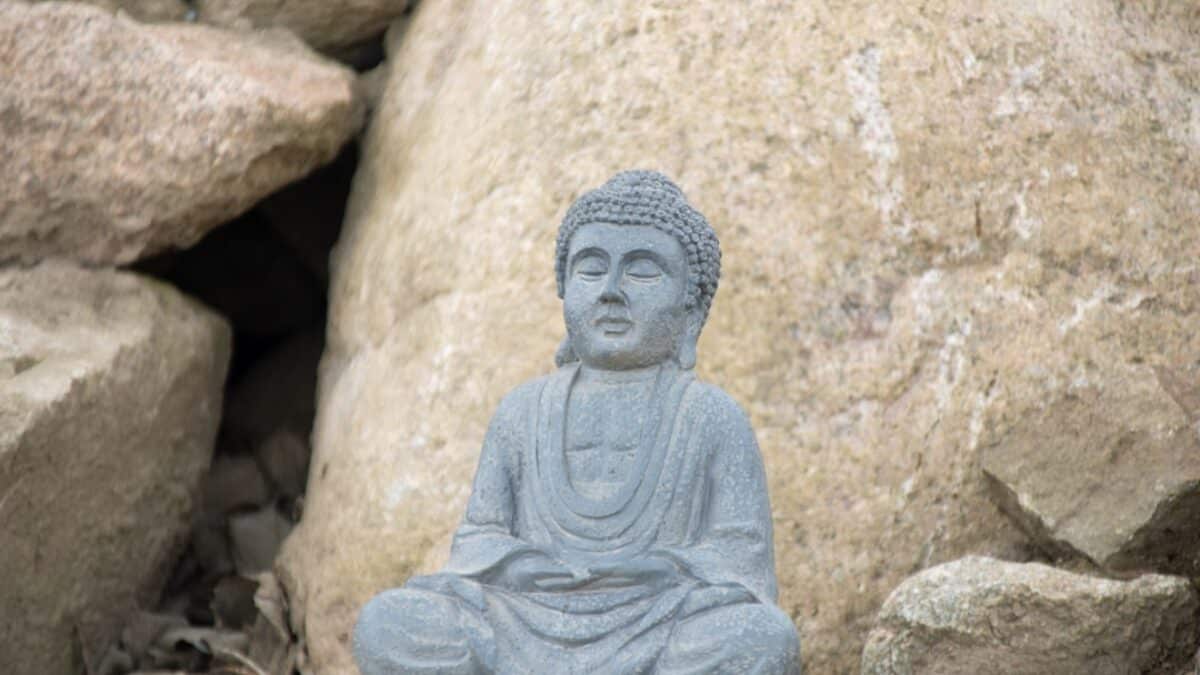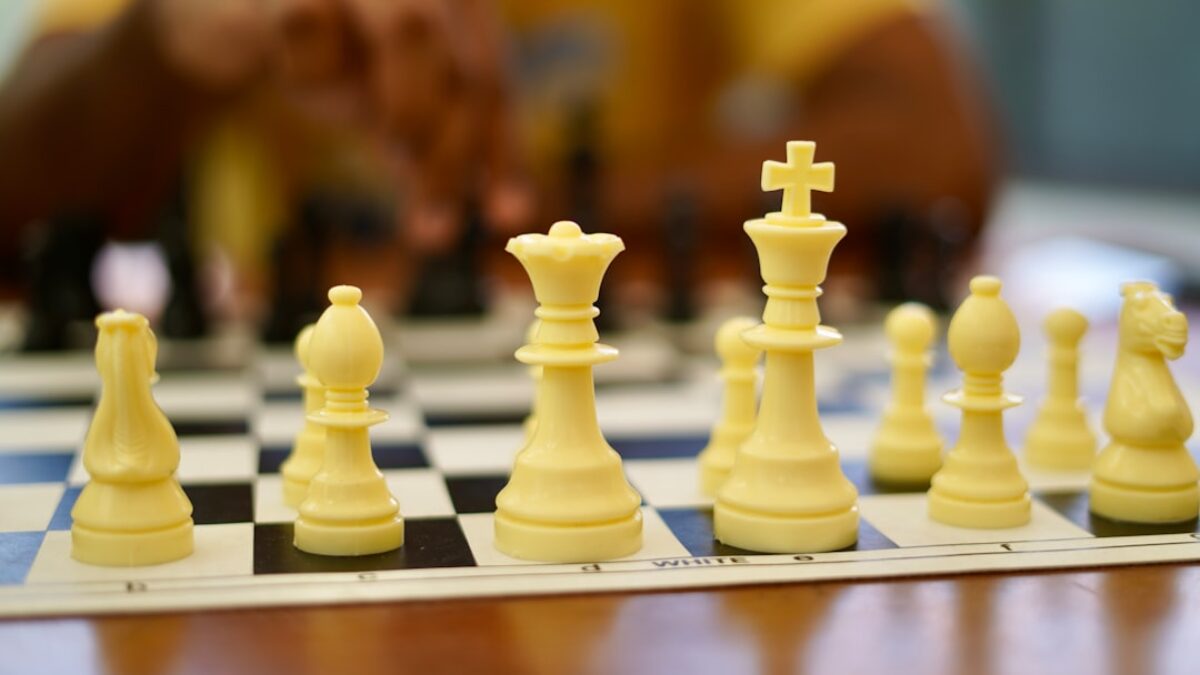In the turbulence of modern life, worry and restlessness often feel like constant companions. Yet, within the Islamic tradition, a treasury of duas—short, heartfelt supplications—offers an immediate bridge to tranquility. Recited with presence of heart, these powerful duas for instant peace of mind connect the believer to divine mercy, calm the nervous system, and replace anxious chatter with serenity. This article explores the most effective prophetic and Qur’anic prayers, unpacks their spiritual mechanisms, and shows how to weave them into daily routines so that anxiety loses its grip and the soul finds rest in Allah’s remembrance.
Understanding Dua as a Tool for Inner Peace
Dua literally means “to call out.” In Islam it is not mere wishful thinking; it is conscious conversation with the Most Merciful. While ritual prayer (salāh) follows a fixed form, dua is spontaneous, an overflow of the heart’s needs. When anxiety surges, the Prophet ﷺ taught that turning to Allah in that exact moment activates three healing forces simultaneously:
- Neuro-psychological shift: The rhythmic breathing and focused meaning of Arabic phrases slow the amygdala’s fight-or-flight response.
- Spiritual re-orientation: Remembering that Allah is nearer than the jugular vein (Qur’an 50:16) reframes the problem from “I must solve this alone” to “The Most Powerful is caring for me.”
- Community of solace: Reciting the same words millions of believers use creates a sense of shared vulnerability, dissolving isolation.
Therefore, duas for anxiety are not magic spells; they are invitations to re-center the self in the Source of all peace (As-Salām).
Key Components of Powerful Duas for Instant Peace of Mind
1. Qur’anic Verses that Dissolve Fear
Allah embedded soothing frequencies in certain verses. Repeating them aloud or silently floods the heart with divine light. Key examples:
- Āyah al-Kursī (Qur’an 2:255) – “Allah, there is no deity except Him, the Ever-Living, the Sustainer of existence…” protects from intrusive thoughts.
- The last two verses of Sūrah al-Baqarah – “Allah does not burden a soul beyond what it can bear…” (2:286) reframe stress as manageable by divine design.
- Al-Ḍuḥā & Al-Inshirāḥ (Qur’an 93 & 94) – These short chapters reset perspective, reminding us that “with hardship comes ease.”
2. Prophetic Supplications for Anxiety and Grief
The Prophet ﷺ experienced human worry and left us precise phrases to transform it. Below are the most potent, with Arabic, transliteration, and meaning.
a. The Grand Dua of Distress
Arabic: Allāhumma innī ʿabduka, ibnu ʿabdika, ibnu amatika…
Transliteration: Allāhumma innī ʿabduka, ibnu ʿabdika, ibnu amatika,āsiyati biyadika, māḍin fiyya ḥukmuka, ʿadlun fiyya qaḍā’uka, as’aluka bi-kulli ismin huwa laka sammayta bihi nafsaka, aw anzaltahu fī kitābika, aw ʿallamtahu aḥadan min khalqika, aw ista’tharta bihi fī ʿilmil-ghaybi ʿindaka, an tajʿala al-Qur’āna rabiʿa qalbī, waūra ṣadrī, wa jalā’a ḥuznī, wa dhihāba hammī.
Meaning: “O Allah, I am Your slave, son of Your male and female slaves… Make the Qur’an the spring of my heart, the light of my chest, the remover of my sadness, and the dispeller of my anxiety.”
Usage: Recite three times in the morning and evening, or whenever anxiety peaks.
b. Seven-Times Prayer for Worries
Arabic: Ḥasbunā Allāhu wa niʿma-l-wakīl
Transliteration: Ḥasbunā Allāhu wa niʿma-l-wakīl
Meaning: “Sufficient for us is Allah, and He is the best disposer of affairs.”
Usage: Repeat seven times after salāh or when sudden fear strikes.
c. The Morning & Evening Litany
The Prophet ﷺ recited specific duas in the early morning (bukratan) and the late afternoon (aṣīlan). Among them:
- For worry and debt: Allāhumma innī aʿūdhu bika min al-hammi wa-l-ḥazn, wa-l-ʿajzi wa-l-kasal, wa-l-bukhl, wa-l-jubn, wa ḍalāʿid-dayn, wa ghalabatir-rijāl.
- For protection of the heart: Yā muqallibal-qulūb, thabbit qalbī ʿalā dīnik.
3. The Science of Presence: How Recitation Calms the Mind
Recent studies in neurotheology show that mindful repetition of sacred phrases activates the parasympathetic nervous system. Slow, deliberate recitation—especially when synchronized with the breath—lowers cortisol levels. When a believer says “La ilaha illallāh” slowly, the exhale lengthens, signaling safety to the brain. Thus, dua doubles as a spiritual and somatic intervention.
Benefits and Importance of These Duas
1. Immediate Relief from Panic Attacks
Users report that reciting Āyah al-Kursī out loud during a panic attack shortens its duration. The rhythmic cadence coupled with divine meaning overrides catastrophic thinking.
2. Long-Term Resilience
Daily morning and evening litanies build what psychologists call stress inoculation. The heart becomes conditioned to default to dhikr instead of rumination.
3. Strengthened Relationship with Allah
Each dua is intimate conversation. Over time, the believer internalizes that no moment of distress is beneath Allah’s attention, deepening tawakkul (trust).
4. Ripple Effect on Relationships
A mind anchored in serenity radiates calm. Spouses, children, and colleagues sense the shift, reducing friction and enhancing collective wellbeing.
Practical Applications: How to Integrate the Duas into Daily Life
1. Create a Personal “Peace Kit”
Compile the following on your phone and a small card in your wallet:
- Āyah al-Kursī in Arabic and transliteration
- The Grand Dua of Distress
- “Hasbunā Allāhu” (seven times)
When anxiety spikes—before a presentation, after a harsh email—pull out the kit and recite.
2. Pair Duas with Breathwork
Box-breathing + dhikr:
Inhale while reciting “La ilaha”, hold silently, exhale with “illallāh”. Repeat four cycles. This anchors the mind in body and spirit.
3. Use Technology Wisely
Set gentle adhan alarms on your phone labeled “Peace Pause.” When it chimes, stop for 60 seconds and recite “Yā Ḥayyu yā Qayyūm, bi-raḥmatika astaghīth.”
4. Bedtime Anxiety Routine
- Perform wudū’.
- Recite Sūrah al-Ikhlāṣ, al-Falaq, and an-Nās three times each.
- Finish with the Prophetic dua: Bismika Allāhumma amūtu wa aḥyā.
Doing this nightly trains the subconscious to associate the bed with divine safety, reducing insomnia.
5. Community Dua Circles
Start a weekly 15-minute virtual gathering where each participant recites al-Wāqiʿah or al-Ḍuḥā. The shared vibration magnifies the calming effect and builds ummatic solidarity.
6. A Real-Life Case Study
Amira, a 28-year-old physician, developed panic attacks during COVID-19 shifts. She began reciting “Allāhumma inni ʿabduka…” between patients. After three weeks, the frequency of attacks dropped by 70 %. She reports: “The words became my oxygen. I feel watched over, not alone in the chaos.”
Frequently Asked Questions
What is the quickest dua to read when I suddenly feel anxious?
The Prophet ﷺ said: “When a matter distresses you, say ‘Ḥasbunā Allāhu wa niʿma-l-wakīl’ seven times.” It is brief, powerful, and can be whispered anywhere—even during an exam.
Do I need to be in wudū’ or facing the qibla to make these duas?
Wudū’ and facing the qibla are recommended for full etiquette, but not required. Allah accepts dua from any state; however, being in wudū’ and facing the Kaʿbah creates greater khushūʿ (presence).
Can non-Arabic speakers benefit from transliteration?
Yes, but gradual learning of the Arabic enhances presence. Start with transliteration; as you grow, memorize the Arabic script. The tongue and heart synchronize more deeply with original phonetics.
How many times should I repeat a dua for maximum effect?
There are no rigid numbers except those specified by the Prophet ﷺ (like “seven times” for Ḥasbunā Allāhu). Focus on khushūʿ. If a single sincere recitation softens your heart, that is enough; if you need repetition to settle the mind, continue until calm arrives.
Is there a particular time when duas are more likely to be answered?
Yes. Among
























Post Comment